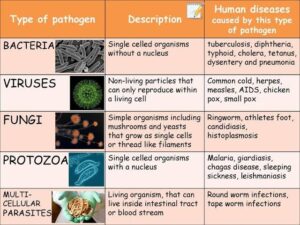In news- The World Health Organization (WHO) and the Swiss Confederation have signed a Memorandum of Understanding (MoU) to launch the first WHO BioHub Facility as part of the WHO BioHub System, which was announced in November 2020.
About the initiative-
- Based in Spiez, Switzerland, the facility will serve as a centre for the safe receipt, sequencing, storage and preparation of biological materials for distribution to other laboratories, in order to inform risk assessments, and sustain global preparedness against these pathogens.
- Thus it will enhance the rapid sharing of viruses and other pathogens between laboratories and partners globally to facilitate a better analysis and preparedness against them.
- Pathogens are now shared bilaterally between countries on an ad hoc basis, which can be slow, and leave some countries without access to the benefits and tools.
- The BioHub will enable member states to share biological materials under pre-agreed conditions, including biosafety, biosecurity, and other applicable regulations.
- This will ensure timeliness and predictability in response activities.

- WHO will broaden its BioHub System for the use of biological materials by qualified entities such as manufacturers for the development of medical by-products for fair allocation to countries.
- WHO is currently running a pilot phase, using SARS-COV-2 and its variants, to test the feasibility and operational arrangements for sharing such materials with the facilities of the BioHub System.
- Following results from the pilot project, the BioHub will expand from SARS-COV-2 and its variants, to other pathogens and connect partners with other repositories and laboratory networks in 2022.
















